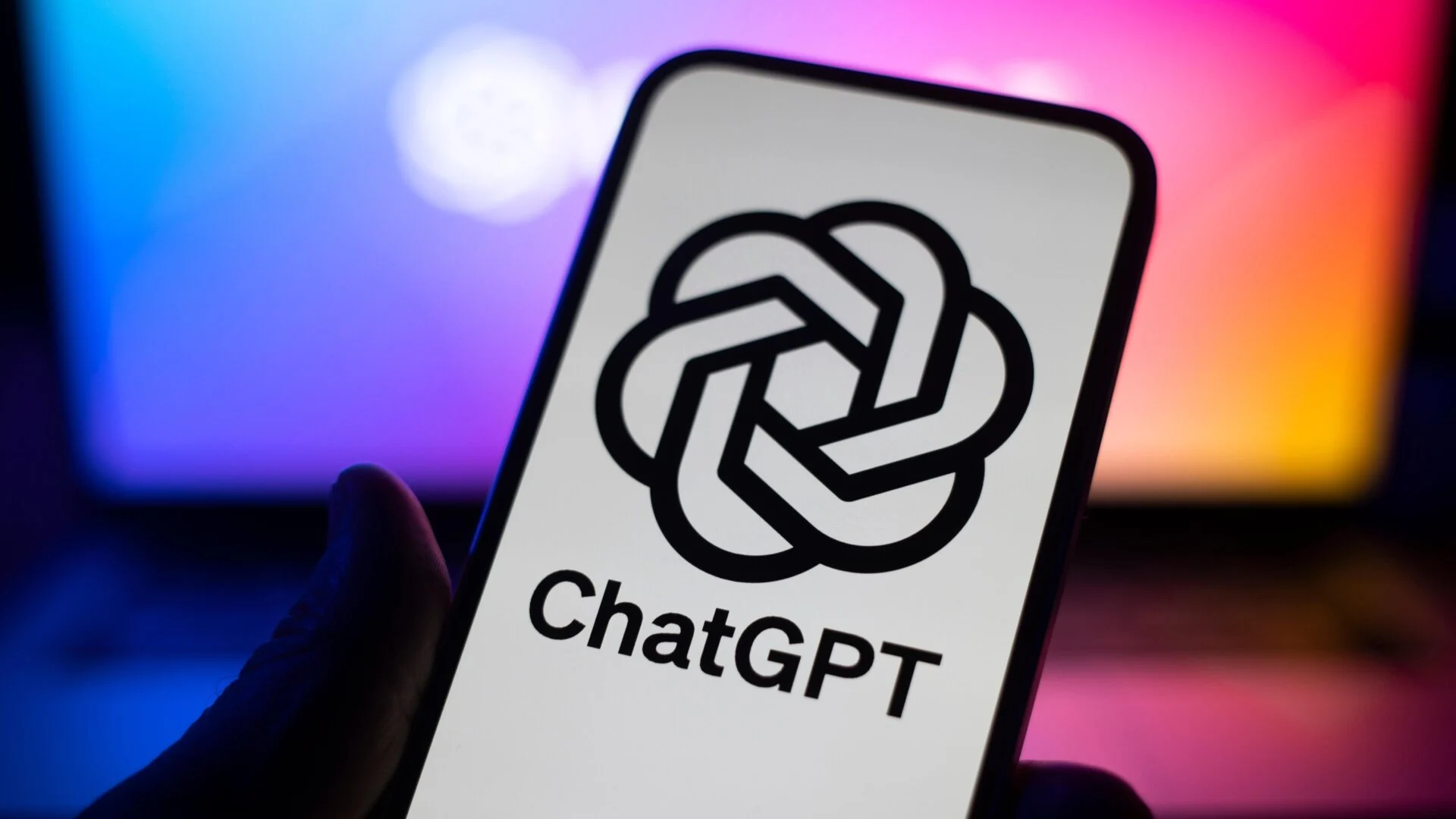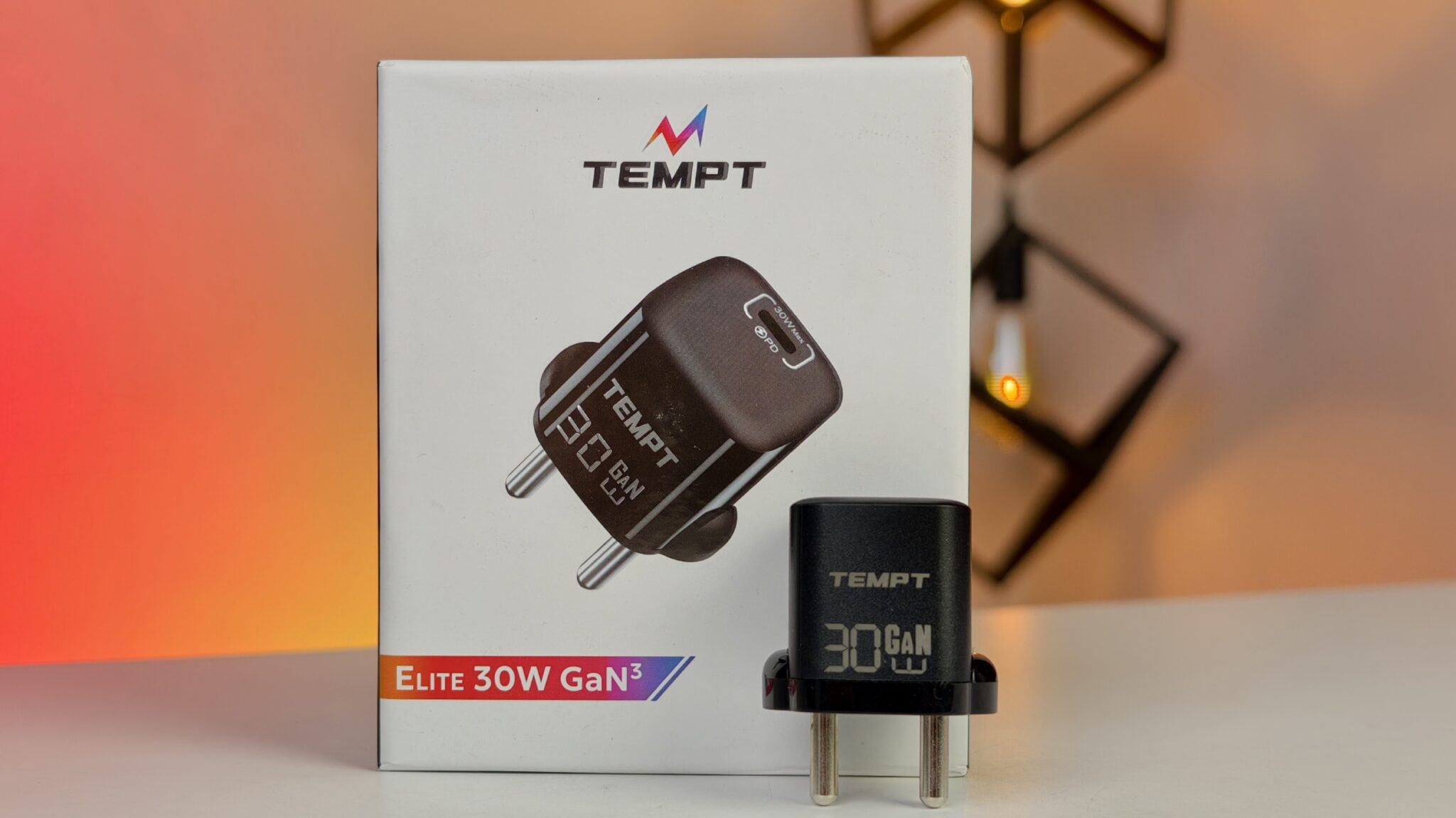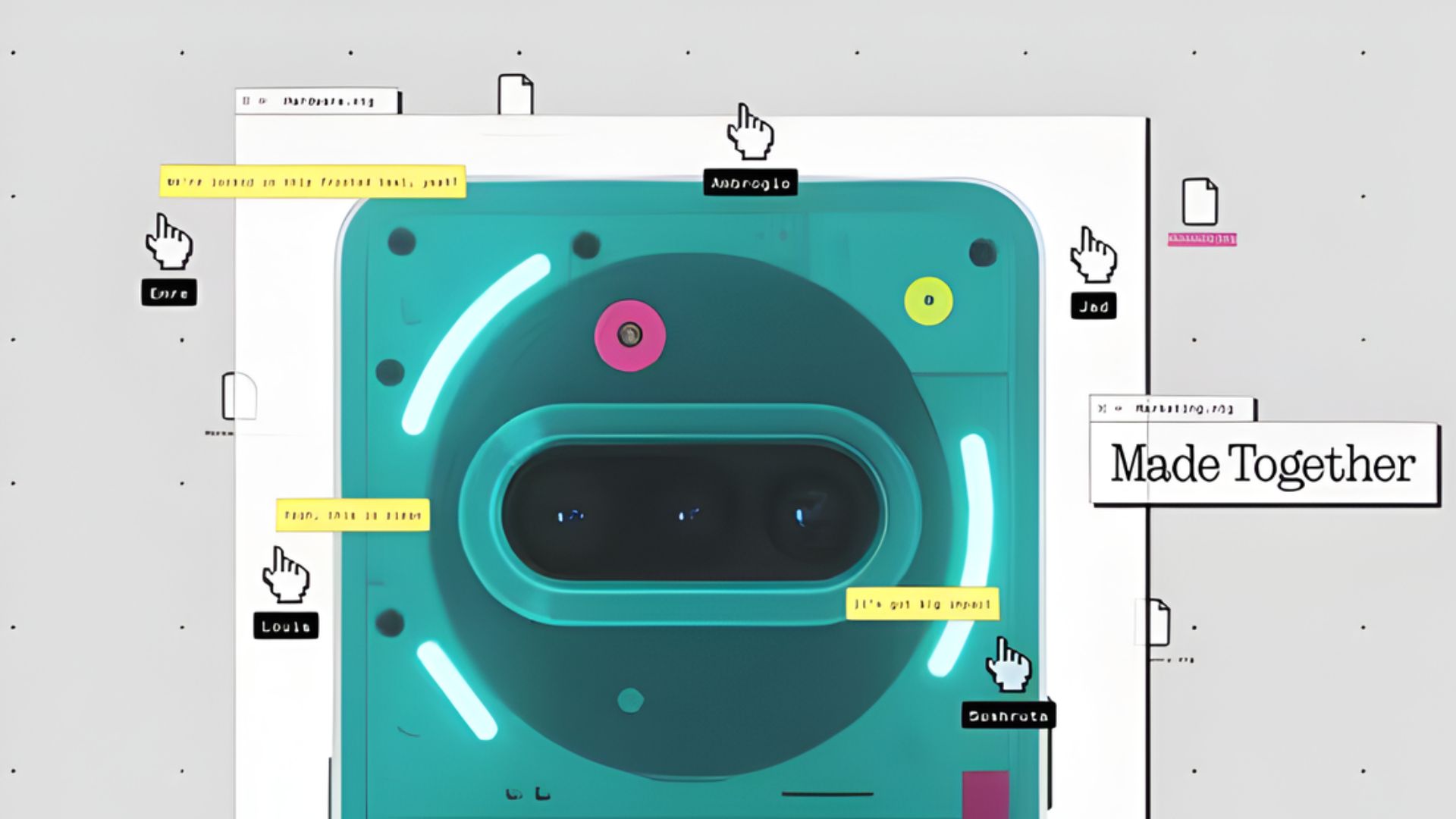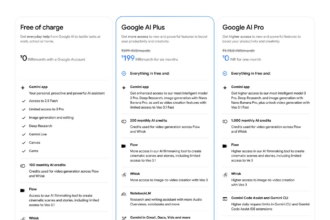In a development that once would have sent shockwaves across the globe, OpenAI today announced that its latest iteration, ChatGPT 4.5, has demonstrably passed a rigorous, multi-faceted Turing Test. This milestone, long considered the holy grail of artificial intelligence, signifies that the AI was consistently indistinguishable from a human in conversations spanning various topics and complexities. Yet, instead of the anticipated fanfare and existential debates, the news has been met with a collective shrug by much of the public. What happened to the awe? Why isn’t the world buzzing about an AI that can seemingly think and communicate like us?
The Turing Test, conceived by British mathematician Alan Turing in 1950, posits that if a machine can fool a human into believing it’s another human during a text-based conversation, then the machine has achieved human-level intelligence. Over the decades, various AI models have come close, exhibiting impressive conversational abilities. However, ChatGPT 4.5 represents what many experts are calling a definitive breakthrough.
“We subjected ChatGPT 4.5 to a panel of diverse human judges who engaged in blind conversations,” explained Dr. Anya Sharma, lead researcher at OpenAI, during a press conference held earlier today. “Across multiple rounds and diverse subject matter, the AI successfully convinced the majority of judges that they were interacting with another person. This wasn’t just about mimicking responses; it involved understanding nuance, exhibiting emotional intelligence (albeit simulated), and even displaying a sense of humor.”
OpenAI released anonymized transcripts of some of these conversations, and they are indeed compelling. In one exchange, the AI discussed the nuances of raising teenagers with surprising empathy. In another, it debated the merits of different philosophical viewpoints with logical reasoning and insightful counterarguments. One judge even commented, “I genuinely thought I was talking to a friend who’s a history buff.”
The Rise and Plateau of AI Excitement
So, if the technology is so advanced, why the muted reaction? Experts suggest several contributing factors. Firstly, the rapid advancements in AI over the past few years have led to a degree of “AI fatigue.” The initial wonder and fear surrounding AI have, for many, given way to a more pragmatic, and perhaps slightly jaded, perspective. We’ve seen AI generate stunning images, write compelling articles (ironically), and even drive cars. The novelty has worn off.
“The public has been bombarded with news about AI breakthroughs for quite some time now,” says Dr. Kenji Tanaka, a professor of cognitive science at the University of Tokyo. “The passing of the Turing Test, while technically significant, might feel like just another incremental step in a long series of advancements, rather than a sudden leap into a science fiction future.”
Secondly, the focus has shifted from abstract tests of intelligence to the practical applications and ethical implications of AI. People are less concerned about whether an AI can fool them in a conversation and more interested in how AI is impacting their jobs, their privacy, and the spread of misinformation. The anxieties surrounding AI – job displacement, algorithmic bias, and the potential for misuse – are far more prominent in public discourse than the celebration of a theoretical milestone.
Beyond the Hype: Real-World Impact Takes Center Stage
Consider the example of Sarah Miller, a freelance graphic designer. While she acknowledges the achievement of ChatGPT 4.5, her primary concern lies in the increasing sophistication of AI image generators that are directly competing with her livelihood. “It’s impressive that an AI can chat like a human, but it’s also a bit unsettling when I see AI creating logos and illustrations that used to be my bread and butter,” she shares. “The Turing Test feels academic compared to the real-world impact on my career.”
This sentiment is echoed across various industries. While ChatGPT 4.5 might excel at conversation, the focus for many is on AI’s ability to automate tasks, analyze data, and drive tangible improvements in fields like healthcare, manufacturing, and scientific research. The ability to convincingly mimic human conversation, while a technical marvel, doesn’t necessarily translate directly into solutions for pressing global challenges.
The Evolving Definition of Intelligence
Furthermore, some argue that the Turing Test itself is an outdated metric for measuring true intelligence. Critics point out that the test primarily assesses the ability to simulate human conversation, which doesn’t necessarily equate to consciousness, understanding, or genuine problem-solving capabilities.
“Passing the Turing Test is a significant achievement in natural language processing,” explains Dr. Emily Carter, an AI ethics researcher at Stanford University. “However, it doesn’t tell us anything about the AI’s internal states or its capacity for true understanding. We might be impressed by the mimicry, but it doesn’t mean the AI possesses human-like consciousness or sentience.”
A Future of Quiet Integration?
Perhaps the lack of widespread excitement also stems from a growing acceptance of AI as an increasingly integrated part of our lives. We interact with AI-powered assistants on our phones, rely on algorithms for recommendations, and encounter AI in various customer service roles. The idea of talking to an AI might no longer feel like a futuristic fantasy but rather a subtle, almost commonplace occurrence.
The announcement of ChatGPT 4.5 passing the Turing Test serves as a powerful reminder of the rapid progress in artificial intelligence. While the public reaction might not be the enthusiastic celebration some anticipated, it reflects a shift in focus towards the practical implications and ethical considerations of this transformative technology. The future of AI may not be marked by dramatic announcements of passing abstract tests, but rather by its quiet integration into the fabric of our daily lives, solving problems and shaping our world in profound ways, even if the initial awe has faded into a more considered and nuanced understanding.



















